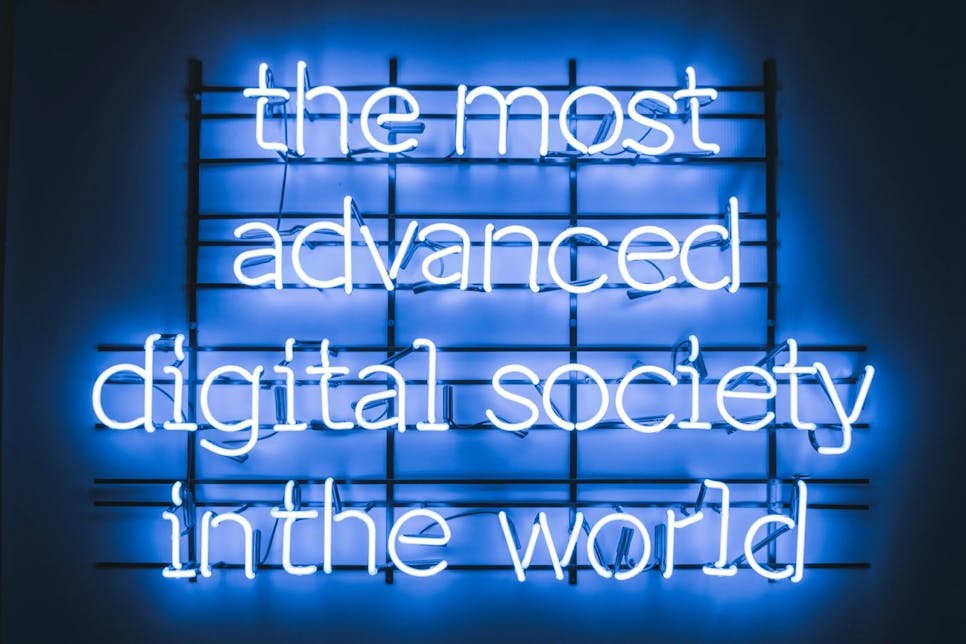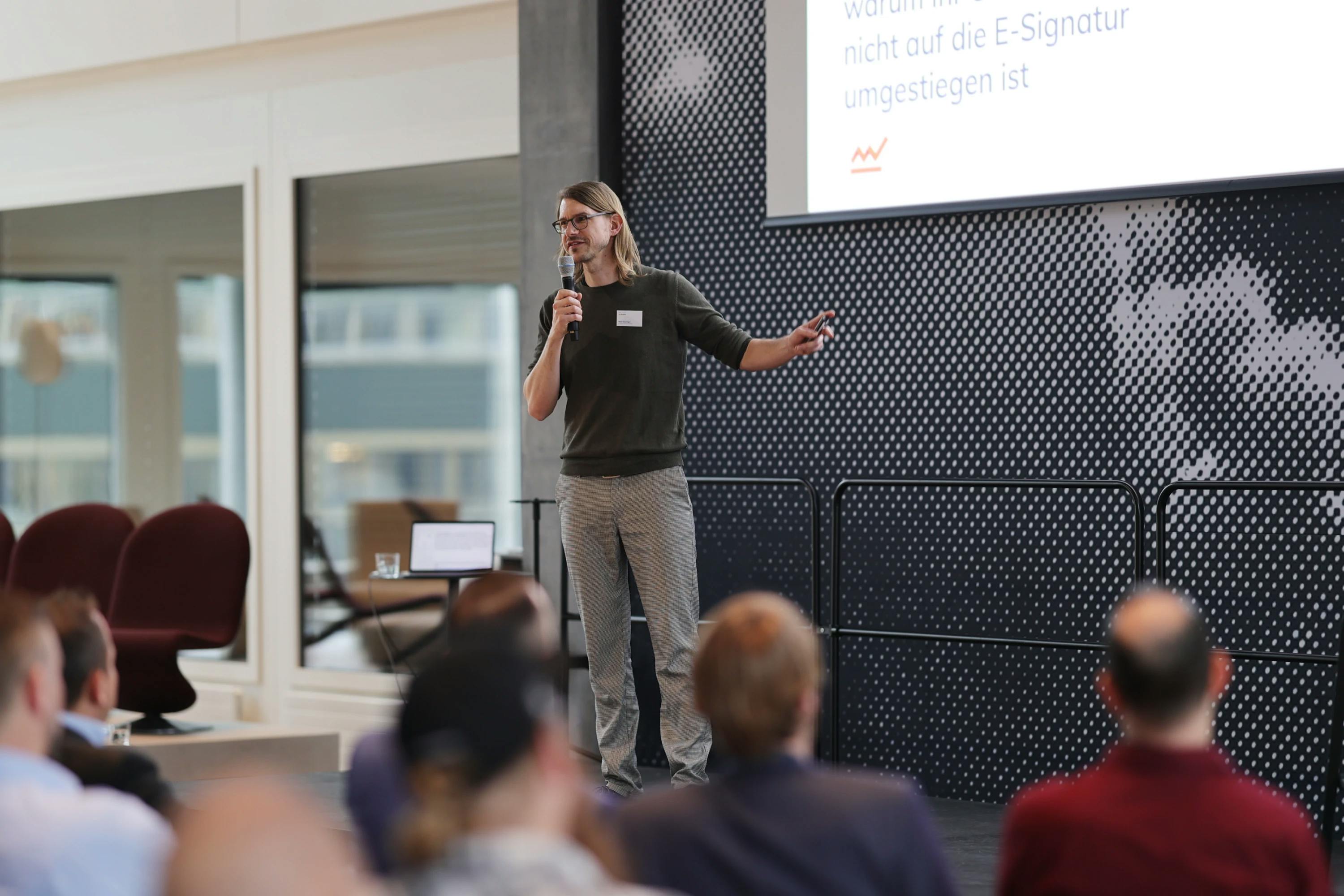Unveiling the Power of E-Signatures: A Gateway to Efficiency and Innovation

In our fast-paced digital world, the evolution of technology continues to revolutionize how we conduct business and interact with government entities. Among these advancements, electronic signatures stand out as a cornerstone of efficiency, streamlining processes, saving time, money, and opening doors to new possibilities. However, the journey towards embracing e-signatures hasn't been without its hurdles.
Navigating the Evolution of E-Signatures
When we founded Skribble, we were firm believers in the power of Qualified Electronic Signatures (QES). We operated under the assumption that QES, the highest standard when it comes to electronic signatures, with its highest level of legal weight and equivalence to handwritten signatures, was all that was needed. However, reality soon set in, revealing the limitations of this approach. In Switzerland, where face-to-face identification was required back in 2019, remote identification was a distant dream, hindering the widespread adoption of QES.
Recognizing the need to adapt to the evolving landscape, we introduced Advanced Electronic Signatures (AES) and Simple Electronic Signatures (SES), realizing that we were ahead of our time. AES and SES provided flexible solutions that didn't rely on stringent identification requirements, making them accessible and practical for a wider range of applications.
Global Perspectives: Lessons from Estonia and Italy
Looking beyond our own journey, examples like Estonia and Italy showcase the transformative potential of e-signatures. In Estonia, where nearly every citizen possesses an e-ID, the government has achieved close to 100% digitization of interactions, leading to significant savings equivalent to 2% of GDP. Similarly, Italy's adoption of the SPID e-ID has enabled the electronic signing of billions of documents annually, paving the way for efficient and secure digital transactions.
Despite these success stories, unfortunately, central Europe, including Switzerland, still lags behind in digitalization. However, initiatives like eIDAS 2.0 and the Swiss e-ID offer very promising prospects for wider adoption of QES and accelerated digital transformation in the region. Imagine a future where interactions with government authorities no longer require trips to public counters or postal offices, thanks to seamless e-signature solutions.
The benefits of e-signatures extend far beyond convenience. They unlock efficiency by reducing paperwork, eliminating delays associated with manual processes, and enhancing security through encrypted transactions. Moreover, e-signatures facilitate innovation by enabling the integration of digital workflows and fostering collaboration across geographies.
The Future of Digital Transformation: Prospects and Initiatives
As we embrace the era of digital transformation, the importance of e-signatures cannot be overstated. They represent more than just a technological advancement; they embody the potential to reshape how we conduct business, interact with authorities, and ultimately, propel society forward into a more efficient and interconnected future.
Join us in embracing the power of e-signatures, as we pave the way towards a world where trust knows no bounds, and efficiency becomes the new standard. Together, let's unlock the full potential of digitalization and embark on a journey towards a brighter, more connected future.
About the author: Roni Oeschger
Roni Oeschger is the co-founder and CEO of Skribble. He founded his first company in 1998 at the age of 16 and completed his Master's degree in Computer Science at ETH Zurich nine years later. In his spare time, he can be found in the mountains mountain biking or freeriding, or at home reading books or assembling Lego Star Wars models.

Title image source:
eEstonia

